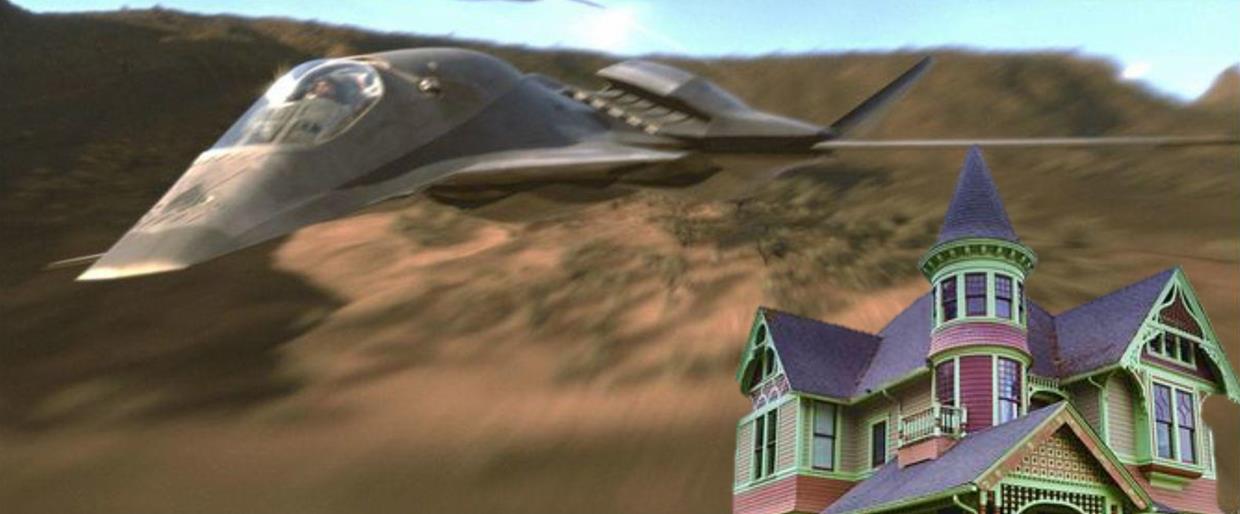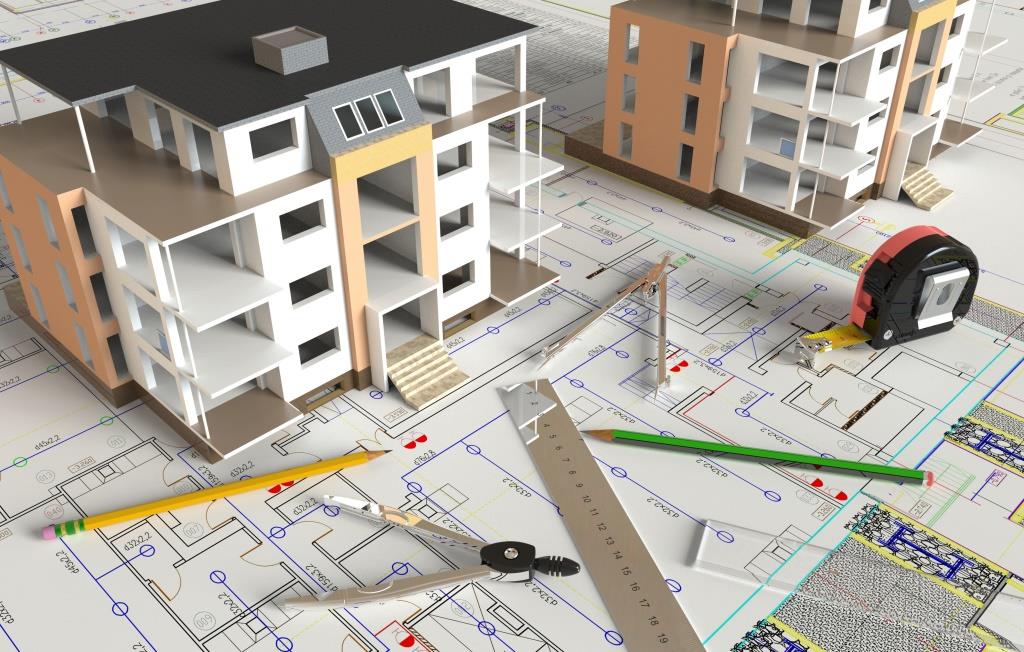Predicting Australia's Housing Bubble
Predicting a housing market crash in Australia with any accuracy has historically been near impossible, with the sceptics always getting it wrong.
There are always constant reports in the media of an impending property crash that never materialises. These predictions have rarely ever been correct. There have been several pullbacks and soft landings in recent years, but no real crash, yet!
When Covid-19 hit in early 2020, most experts predicted Australian real estate values would be devastated. But as seems too often be the case, all the headlines of doom and gloom never eventuated. Instead, the opposite happened.
House prices Australia wide have grown by more than 14% so far this year. This should not come as a surprise when the RBA is driving up the market with talk of low interest rates till 2024.
Multiple factors, some of them being a direct response to the pandemic by local and federal government, have contributed to driving the property boom.
Property is one asset class Australians can’t get enough of, that’s why we’re seeing the fear of missing out (FOMO), push the market higher. Generous incentives to first home buyers and record low interest rates are also contributing to the price rises. Owning a home is still very much a popular Australian dream.
It was not that long ago when the headlines in the media were blaming high numbers of immigrants on the rising housing prices. Now we live on a prison island, no one is allowed in or out, with zero immigration, yet our housing prices are still booming! Figure that one out?
Maybe the new arrivals were contributing to the house price rises, or perhaps it was the low interest rates, making housing more affordable for more people, that were responsible for the rise in prices.
Anyway, did you know that in many areas it is cheaper for tenants, who have a small deposit, to buy a home and pay off a mortgage than it is to pay rent? With the First Home Buyer grants and stamp duty savings on offer to first home buyers, why wouldn’t you? It’s a no brainer to buy instead of rent!
As a result of low interest rates, people can afford to and are borrowing more than they normally would. The issue will be what will happen to some of these enormous loans when interest rates start to rise? Will the RBA intervene to avoid a wave of defaults and bankruptcies? This is another matter entirely and which only time will tell.
In the meantime, our crazy property bubble may still have a few more years to run before we know the answer.
By Paul Kounnas



